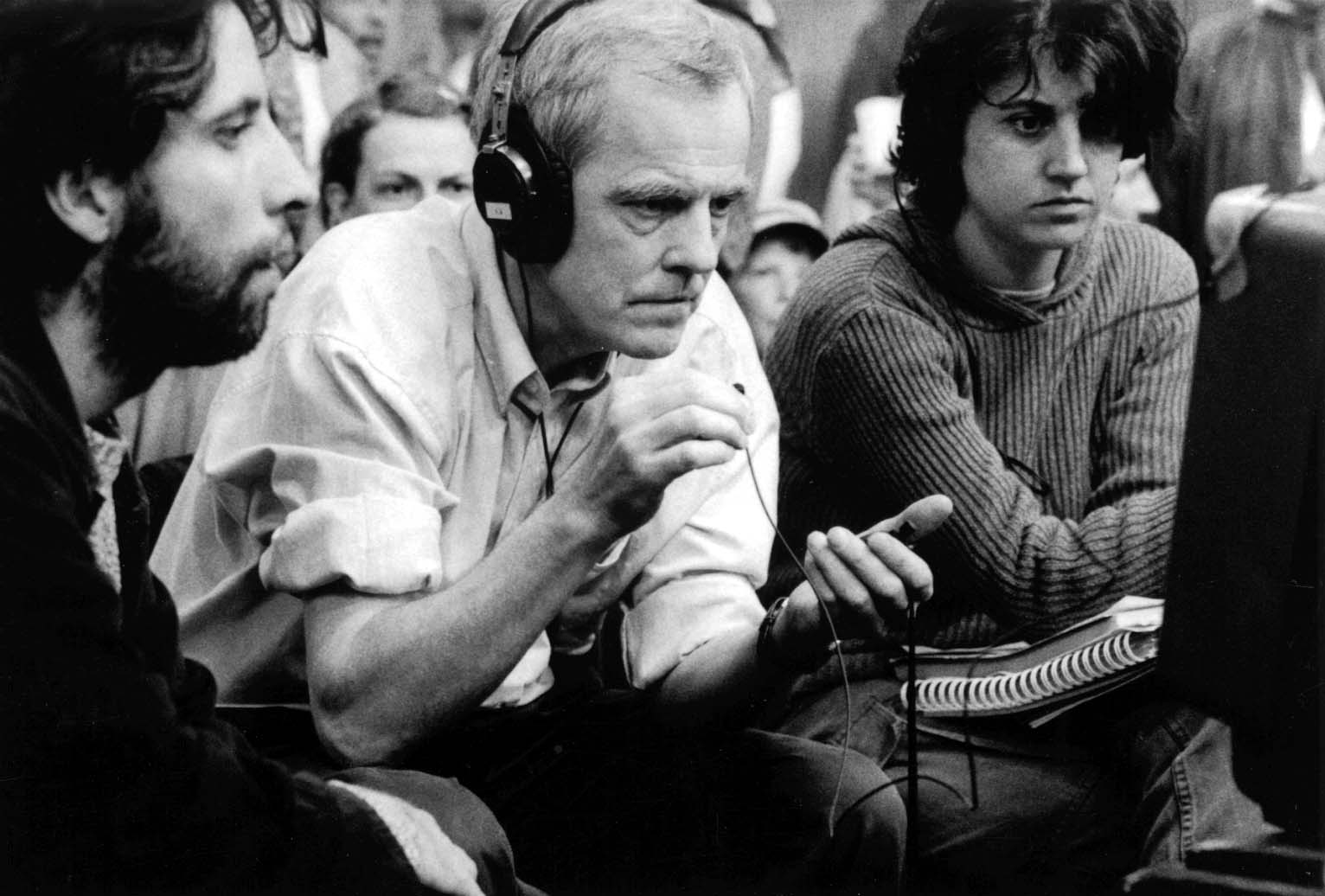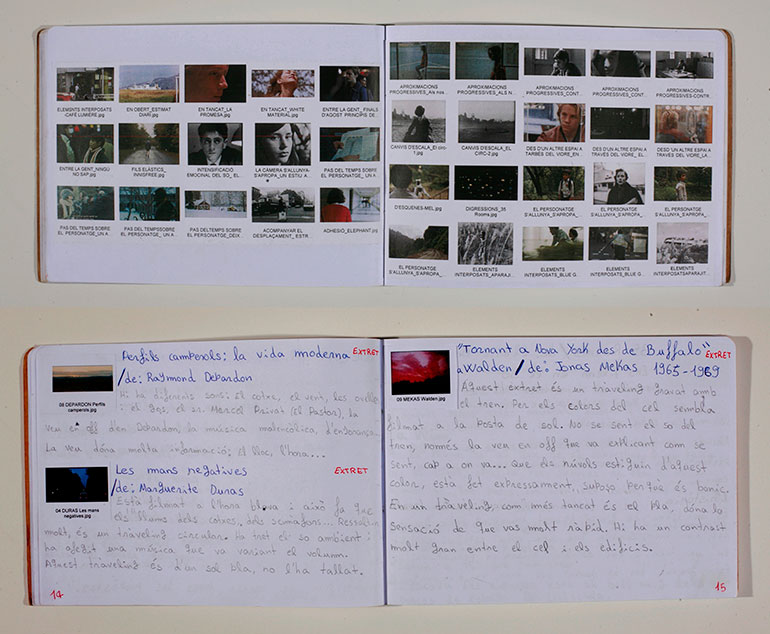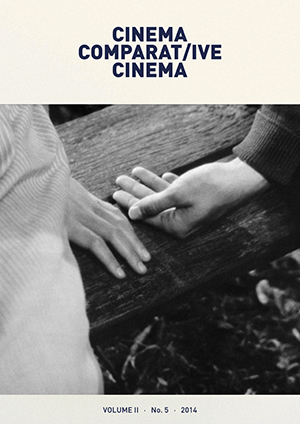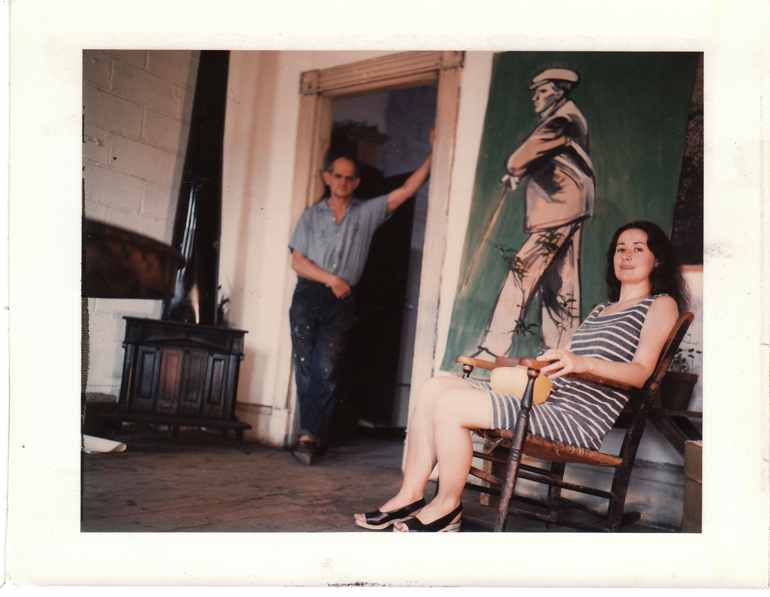DOWNLOAD |
Nº 5 PEDAGOGIES OF THE CREATIVE PROCESSEditorial. Pedagogies of the Creative Process DOCUMENTSThe Goodwill for a Meeting: That’s cinema FILMS UNDER DISCUSSION. INTERVIEWSABSTRACT ABSTRACT ARTICLESABSTRACT ABSTRACT ABSTRACT ABSTRACT ABSTRACT REVIEWSAA,VV. BENAVENTE, Fran and SALVADÓ, Glòria (ed.), Poéticas del gesto en el cine europeo contemporáneo Jacques Aumont. Materia de imágenes, redux
|
CALL FOR PAPERS Nº 15
Deadline for submissions: [EXTENDED] January 30th, 2020.
More information HERE.
ONLINE DOCUMENTS

ONLINE DOCUMENTS No. 7
Notes on the Media Crisis
Peter Watkins

ONLINE DOCUMENTS No. 5
The Screenings: Watching Creation from Nearby
Cinema en curs
The Creation Process
Cinema en curs
ONLINE DOCUMENTS No. 4
Catallegory fatigue
Miguel Amorim



